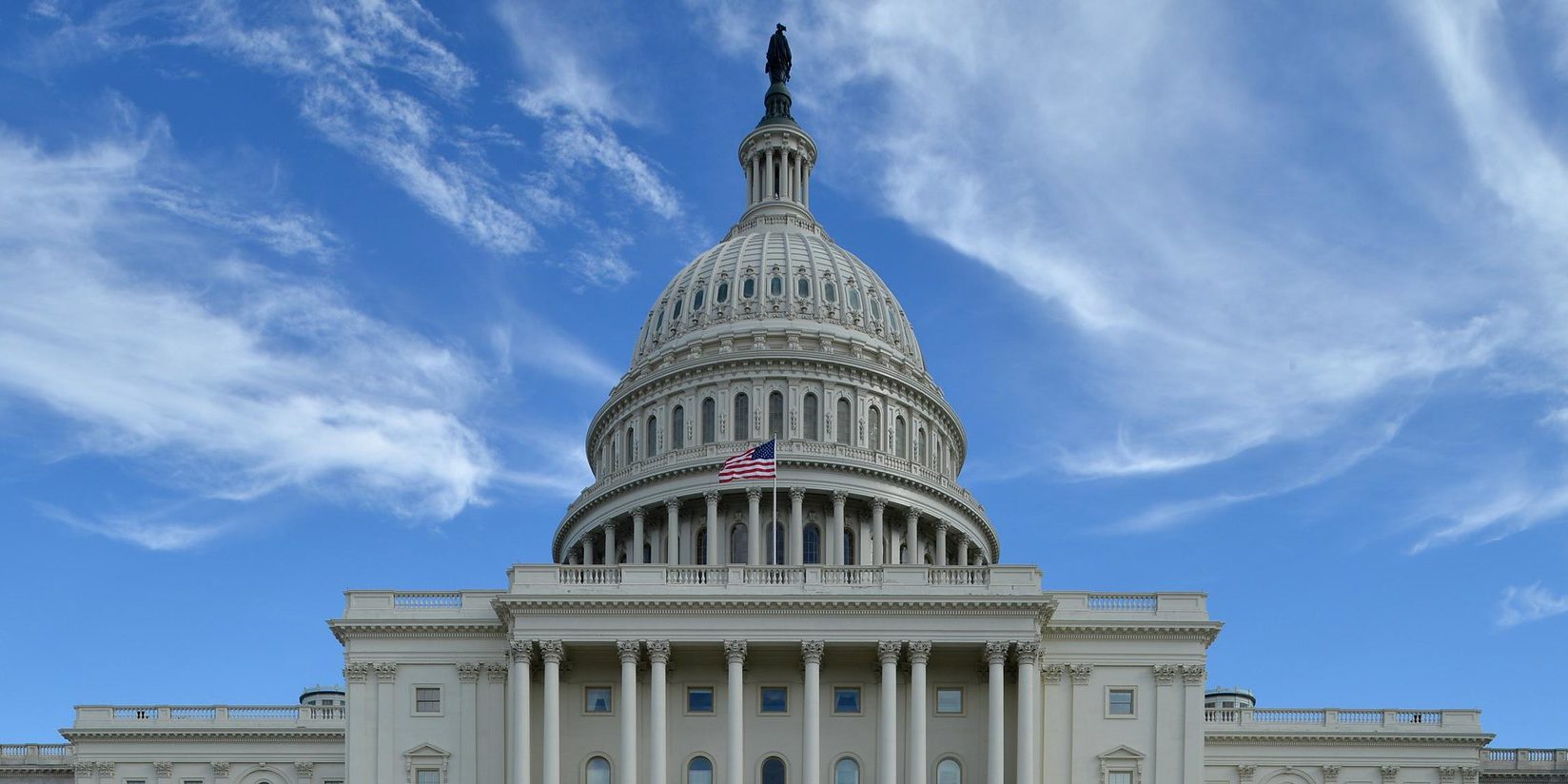Color Taylor Kendal “skeptically optimistic” when it comes to what Forbes Magazine describes as a “storm of crypto legislation” over the summer that’s currently mired in an exceptional level of congressional gridlock but enjoys support among Colorado lawmakers.
Kendal, the Denver-based president of the Learning Economy Foundation and a steward of ETHDenver, is a former economic academic at CU Denver and Metropolitan State University of Denver who now engages in “systems-level hacking of higher education.” His current goal is to “make sense of emerging technologies and translate that into economic and social systems that are ultimately in service of individuals and learners and workers.”

Kendal is leery of Washington’s first-ever stabs at stand-alone crypto legislation, some of which seek to determine if digital assets should be regulated by the Securities and Exchange Commission (SEC) or be treated as commodities by the Commodity Futures Trading Commission (CFTC). Also at stake is whether the Bank Secrecy Act applies to cryptocurrency.
“It has to be measured,” Kendal says of any potential regulatory bills, “and who actually has done the work to understand it? There’s a lot of political posturing that gets dangerous, where it’s like, who are you? Are you just appealing to some base to get reelected or do you actually care about being there to help shape the tech and shape the policy? Colorado, I think, is in a really unique position to lead the way on some of this. So, I’m skeptically optimistic.”
For instance, one bill that made it out of two House committees in late July – the Financial Innovation and Technology for the 21st Century Act (H.R. 4763) – was dubbed a “victory for the crypto industry” as it faces an onslaught of potential regulation in the wake of the high-profile collapse of companies like FTX, whose founder, Sam Bankman-Fried, is now on trial.
Colorado Democrats Yadira Caraveo and Brittany Pettersen both voted for the so-called “Fit21” bill in their respective committees, with Caraveo – the ranking member on the House Agriculture Subcommittee on Commodity Markets, Digital Assets, and Rural Development – issuing the following statement back in July:
“At least 70 percent of digital assets are currently unregulated. That leaves a huge number of retail investors unprotected in a volatile market class where many people have already lost their life savings. We have to act now to prevent more FTX-like disasters.”
Asked where Colorado U.S. Sen. Michael Bennet stands on crypto-regulatory legislation, his office flagged the Digital Asset Anti-Money Laundering Act, which Bennet joined as a sponsor in September.
“Cryptocurrency can be a boon for cybercriminals, cartels, and terrorist organizations, allowing them to evade sanctions and finance illicit ventures,” Bennet’s office wrote in a statement. “We cannot allow crimes like money laundering to evade scrutiny simply because they take place on the blockchain instead of with dollar bills. It’s time we extend our common-sense safeguards to digital assets.”
And on Thursday, Bennet and Colorado U.S. Sen. John Hickenlooper signed onto a letter with 103 other lawmakers urging National Security Advisor Jake Sullivan and Department of the Treasury Under Secretary for Terrorism and Financial Intelligence Brian Nelson to detail how it plans to prevent crypto-financed terrorism in the wake of the Oct. 7 Hamas terrorists attacks in southern Israel. They cited a Wednesday Wall Street Journal report showing the groups raising $130 million in crypto funding.
“Given the clear and present danger posed by the financing of these and other militant organizations, we ask the administration to provide additional details on its plan to prevent the use of crypto for the financing of terrorism,” Bennet, Hickenlooper and the other lawmakers wrote.
Kendal understands the need for some guardrails in the crypto industry, and he’s extremely tuned into the various factions that want everything from absolutely zero regulation to something more state-controlled. He first became involved at that level during Gov. John Hickenlooper’s administration, and ETHDenver has grown from a small meet-up to a major event with tens of thousands of participants at the National Western complex, with Gov. Jared Polis attending.
“I try to see a nice balance there,” Kendal said. “There are folks that fall on the far side of the libertarians that would ultimately say the state is nothing but a problem when it comes to how this stuff evolves and actually allowing for open networks that are permissionless — that the people do what they will — and that to me becomes a problem. And then obviously you’ve got [SEC Chair] Gary Gensler and folks that are clearly not tapping into the reality of what’s here.”
Kendal, a 41-year-old originally from Evergreen, does see the need for more transparency and less ambiguity, but he puts his trust in innovators over regulators.
“Yeah, openness and just some clarity so you have a pretty good sense of like where the lines are — do this, but maybe don’t go this far,” he said. “But there’s also part of me that is like, if you give large numbers of people a little more freedom, they collectively can make some pretty good choices. I probably fall a little further towards the sort of crypto-anarchist, libertarian side of the spectrum, just because I do have a deeper underlying belief that technology, if it is not in some ways really driven by the broader collective, that it’s going to be corrupted in some way.”
Finally, Kendal argues the United States needs to catch up to Europe on the regulatory front for the sake of keeping the best people in the industry working in America.
“The clarity isn’t there. So, if done well, obviously, a layer of regulation is super-important,” Kendal said. “The U.S. is woefully behind the EU, and I just spent a couple months in Europe over the summer, and we’ve certainly got work to do with a lot of people that are just like, ‘I don’t know how to even feel about this industry in the U.S.’ So, a lot of them have just picked up and are moving shop, which is sad. There’s like a whole national security layer to this that actually doesn’t get brought up enough — keeping good, smart people here to help build out what is still the greatest experiment when it comes to doing this right, getting democracy right.”




